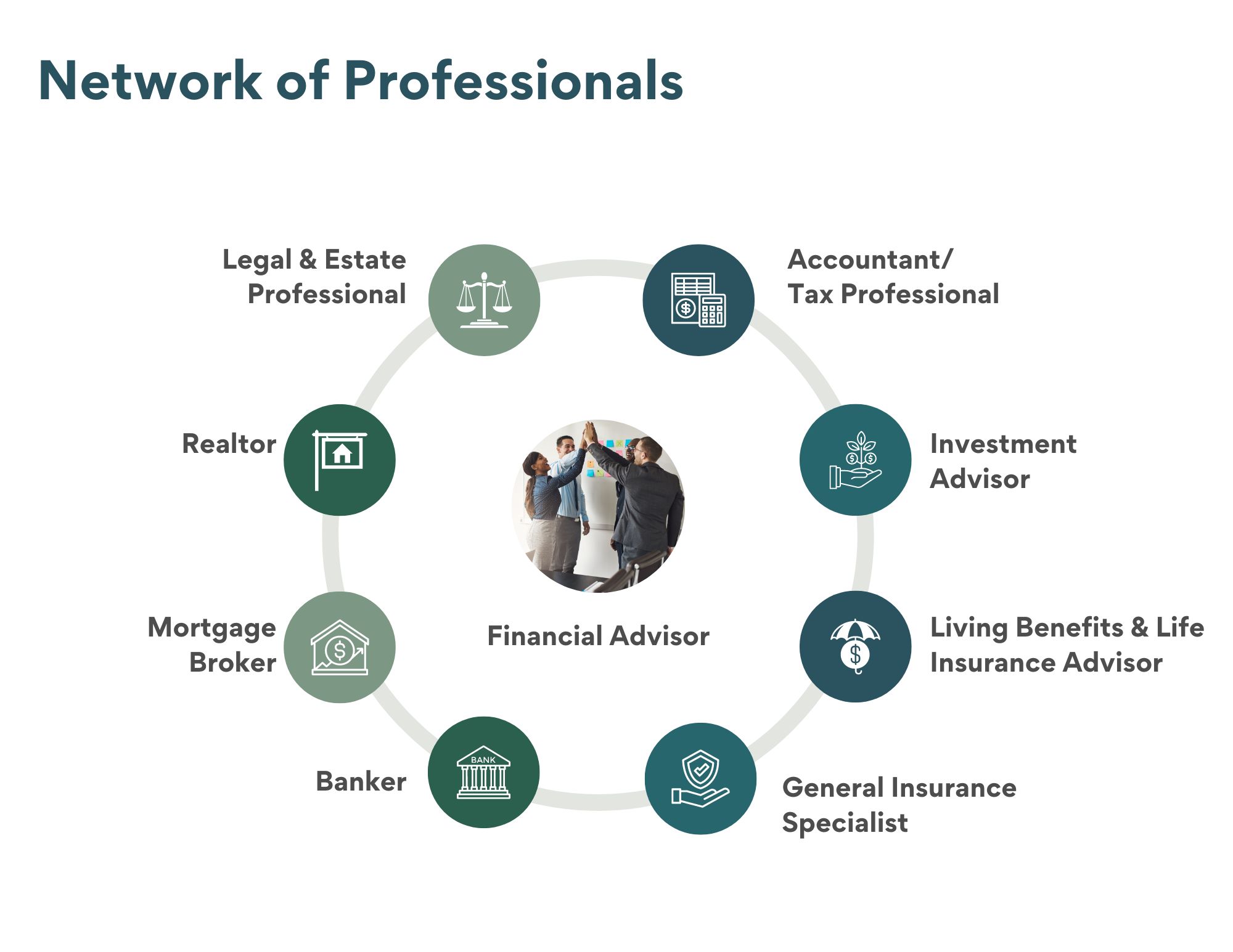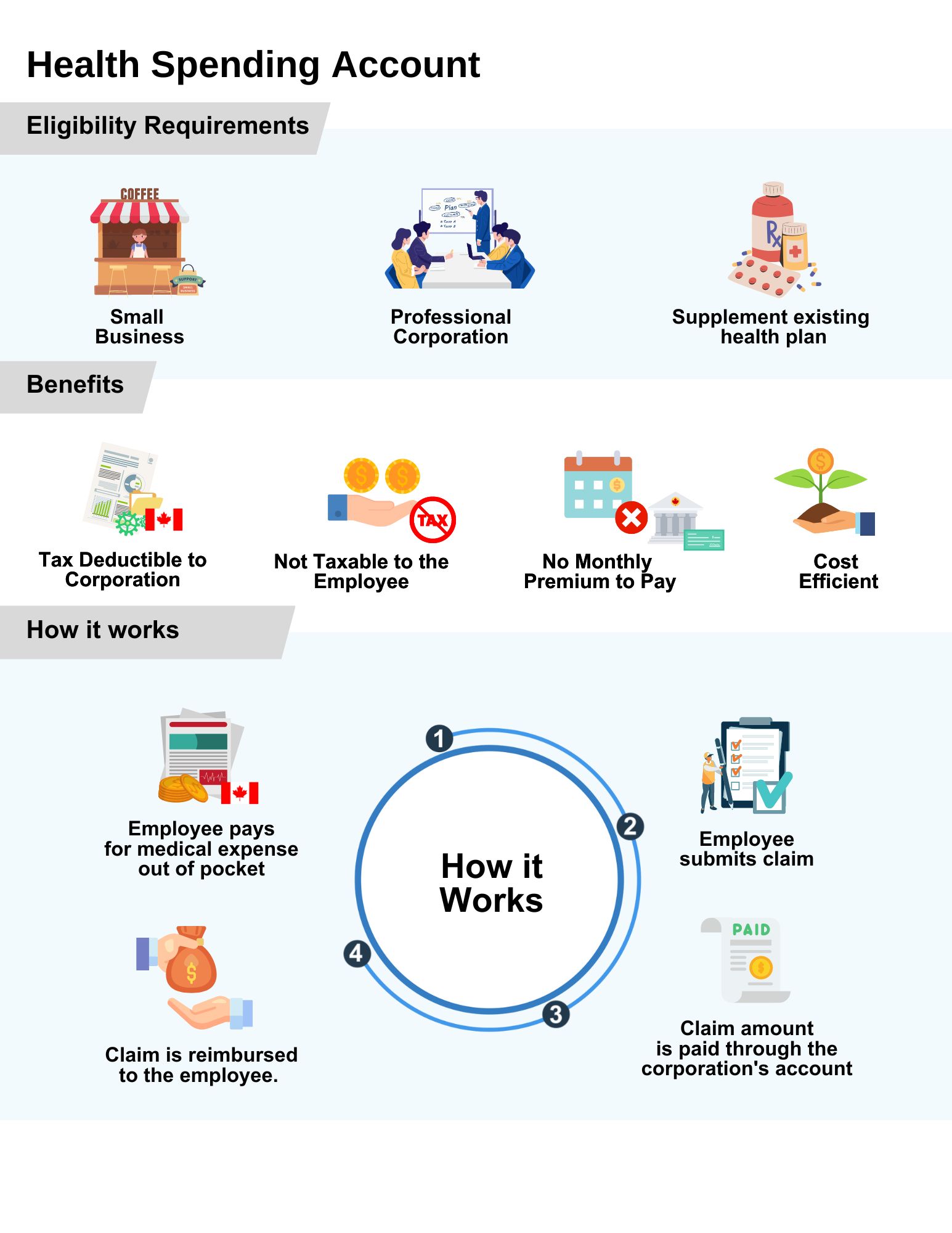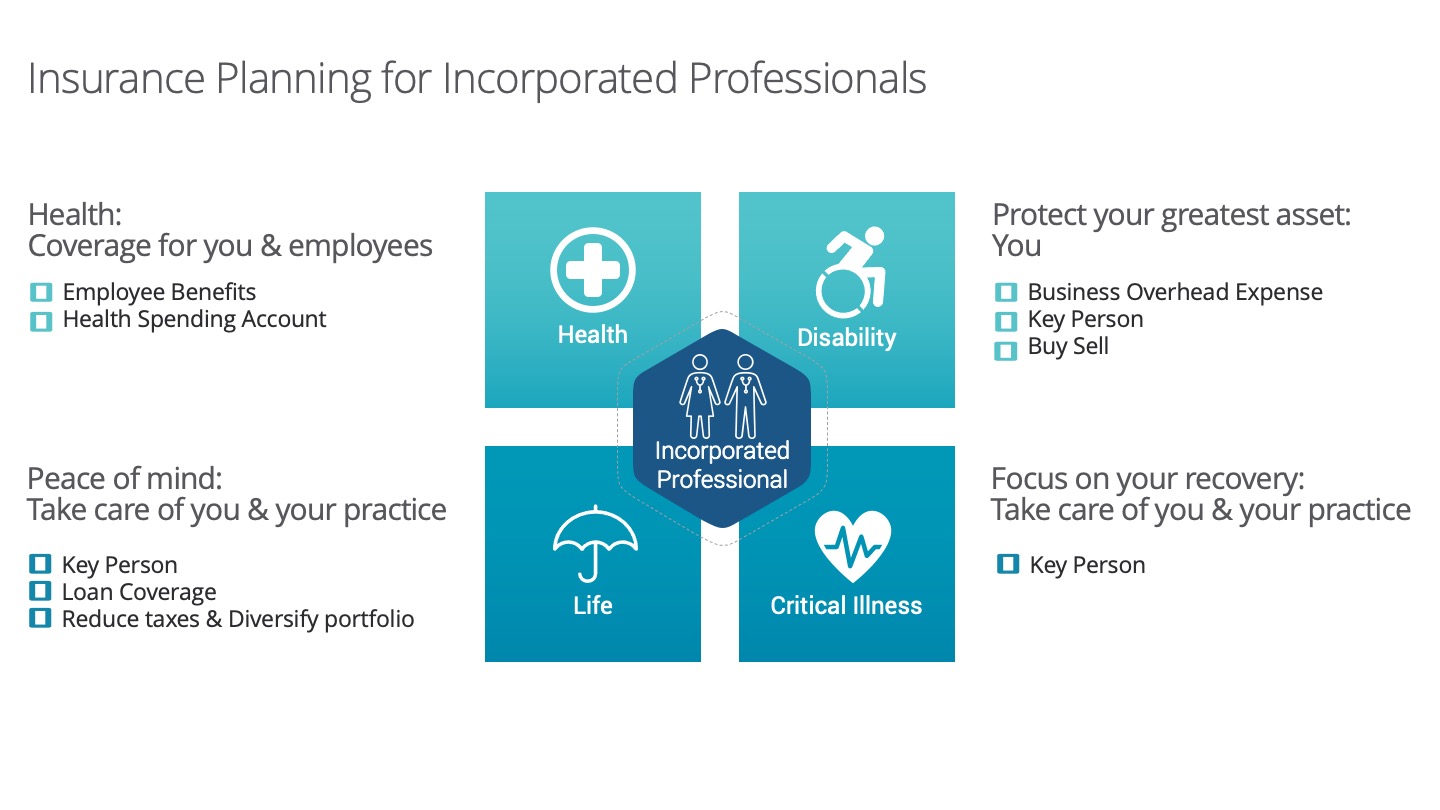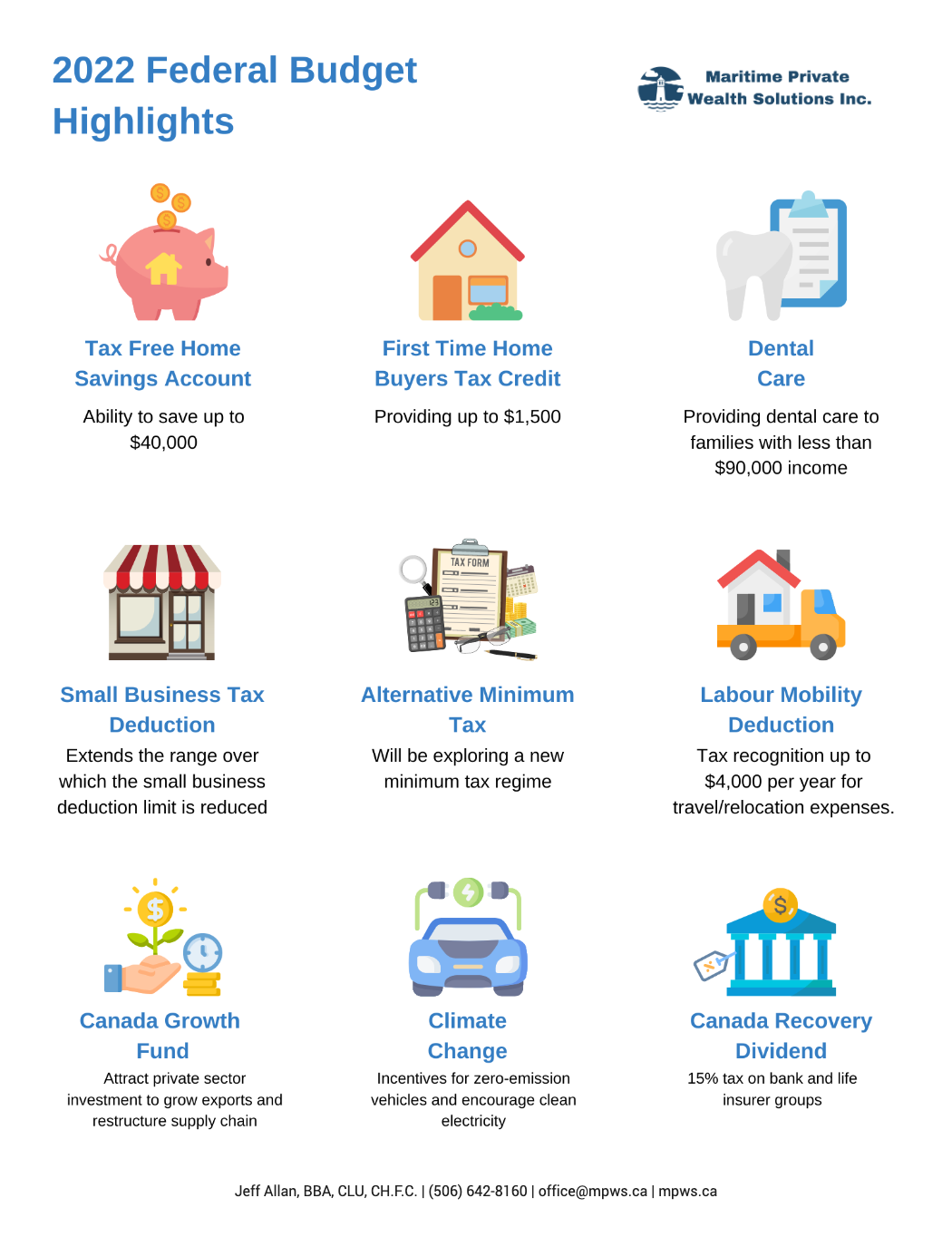Estate Planning for Blended Families
Blended families – where two people get married but have children from previous relationships – are becoming more common. It can be challenging enough to take care of the everyday logistics; from where to live to making sure everyone gets along. So trying to make sure you properly take of estate planning often doesn’t get taken care of.
In most families – blended or not – spouses leave everything to each other. Then, when the surviving spouse dies, the remainder is divided amongst all of the children. The problem with this setup is that there is no guarantee that the surviving spouse will not remarry and inadvertently disinherit the deceased’s children.
To make sure that everyone is treated fairly, it’s essential to consider how to handle each of the following estate planning issues for blended families:
- Sharing the Family Home
- Make the Most of a Registered Retirement Savings Plan
- How to Share Non-Registered Investments and Other Assets
- Why It’s Important to Select a Good Trustee
- The Advantages of Life Insurance for Blended Family Estate Planning
It’s essential to have a full discussion with your spouse and children to avoid misunderstandings and reduce uncertainty. But you don’t have to do it alone! We can provide you with tailored solutions to ensure your wishes are carried out.
Sharing The Family Home
This can be challenging, depending on whether the blended family moves into a new home or into a house one spouse already owns. An option to consider is that the spouse who is moving into the home already owned by the other spouse can then purchase an interest in the family home. If this occurs, each spouse can own the home as tenants-in-common, enabling them to manage their interest in the house separately.
When it comes time for each spouse to draw up a will, provisions can be made for the surviving spouse to remain in the home until the time of their choosing (or death) before passing on the interest to their respective children.
Make the Most of a Registered Retirement Savings Plans
The best way to take advantage of the tax-free rollover from an RRSP is for each spouse to name each other the beneficiary. While it may be tempting to leave your RRSP to your estate or one or more of your children, this can have ramifications. If you leave it to your estate, it will have to go through probate and also be taxed. If you leave it an adult child, the RRSP won’t have to go through probate, but the entire RRSP will be considered taxable to the deceased in the year of death.
How to Share Non-Registered Investments and Other Assets
You can set up your estate planning so that your spouse can benefit from income-producing assets during their lifetime, without necessarily impacting the capital in those assets. Your children can then benefit from them after your spouse dies.
Each spouse can set up a spousal testamentary trust to contain their income-producing investments and assets. The surviving spouse will then receive all the income from the trust and the option to access the capital for specific needs (if specified in the trust). After the surviving spouse dies, the assets will pass to whoever was identified as the trust’s inheritors. You can make the inheritors your children. This ensures that both your spouse and your children are taken care of.
Why It’s Important to Select a Good Trustee
Trusts are a vital part of effective estate planning for blended families. This means that it’s critical to pick the right trustee – as they will control and manage the assets of the deceased’s estate as outlined in the deceased’s will. You may even want to consider multiple trustees or the services of a trust company. A strong but neutral trustee will help ensure that your wishes are followed without causing fighting amongst family members.
Advantages of Life Insurance for Blended Family Estate Planning
There are several advantages to using life insurance policies as part of your estate planning for blended families:
- The death benefit is tax-free. You can have it paid out in cash directly or create trusts, so the capital goes to your spouse while they live and your children after your spouse dies.
- Since you can name the beneficiary, you can control who inherits the proceeds. It’s not considered part of the will, so it cannot be included in any wills variation action (more commonly known as challenging the will).
- If one spouse enters the marriage with significantly more wealth than the other, life insurance can help create a fair division of assets.
The Takeaway
No matter what choices you make about estate planning for your blended family, you must communicate openly and honestly with everyone in the family. This will help ensure that everyone is aware of the state of affairs and reduces misunderstandings and uncertainty about what the future may hold for everyone in the family.
Using professional advice while you are estate planning for blended families can help you create a solution that satisfies both spouses and their respective children’s objectives. Reach out to me if you have any questions or concerns about your estate planning – I’m here to help!















